
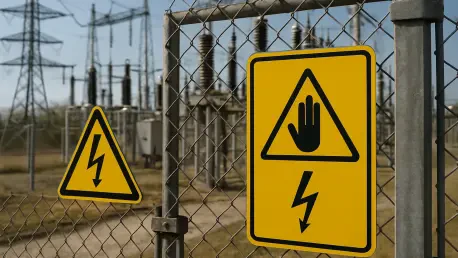
Imagine a power grid on the brink, teetering under the weight of surging electricity demand from sprawling data centers and widespread electrification, while renewable energy sources struggle to keep pace. This isn’t a distant concern but a pressing reality as inverter-based resources (IBRs), such

Imagine a river, once a thriving artery of life, now stifled by a crumbling relic of industrial ambition, blocking the ancient migratory paths of fish and threatening downstream communities with potential disaster. This is the stark reality of the Naugatuck River in Connecticut, where the

Imagine a Michigan where the hum of renewable energy powers not just homes but sprawling industrial complexes, driving economic growth while slashing carbon footprints to meet ambitious net-zero goals by 2040. In this vision, Consumers Energy, a subsidiary of CMS Energy, stands at the forefront,
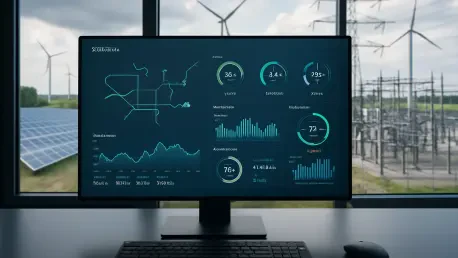
Edge nodes now carry real-time control, telemetry, and market coordination, and when thousands of unstaffed devices operate for years in the field the base operating system becomes the quiet hinge on which security, uptime, and cost swing. That hinge has often been ignored in favor of network rules
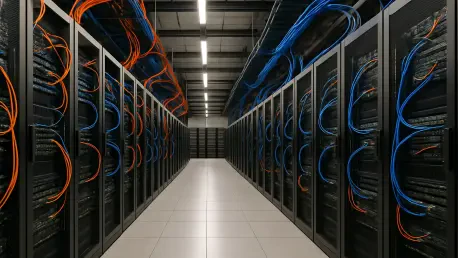
The U.S. power grid is grappling with a perfect storm of challenges, as outage durations climb to an average of 12.8 hours during major disruptions, winter demand surges by 20 GW, and debates intensify over the true impact of data centers on electricity load, signaling a critical juncture for the

The energy sector stands at a critical juncture, grappling with an unprecedented surge in demand driven by high-intensity sectors like artificial intelligence data centers, which are projected to escalate power needs from a modest 4 GW today to a staggering 123 GW by 2035. This thirtyfold increase
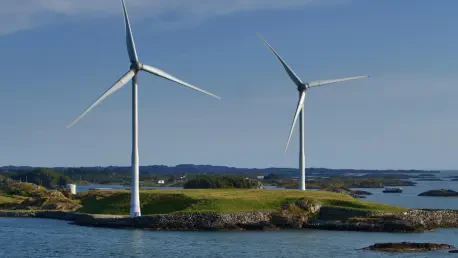
In a landmark move for renewable energy in Southeast Asia, the Philippines has successfully launched its first offshore wind project auctions under the Green Energy Auction Program Round 5 (GEA-5), marking a significant stride toward establishing a robust commercial offshore wind industry. This

In the coastal regions of Granada, Spain, an environmental challenge of staggering proportions has emerged as thick layers of sargassum, a type of brown algae, wash ashore, smothering beaches and threatening local economies. This invasive phenomenon, fueled by rising ocean temperatures, global
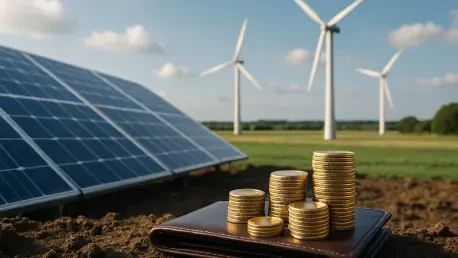
Setting the Stage for Michigan’s Energy Evolution In the heart of Michigan, a seismic shift is reshaping the energy sector as industrial giants and data centers drive unprecedented demand for power, prompting Consumers Energy, a leading utility under CMS Energy, to unveil a staggering $13.7 billion
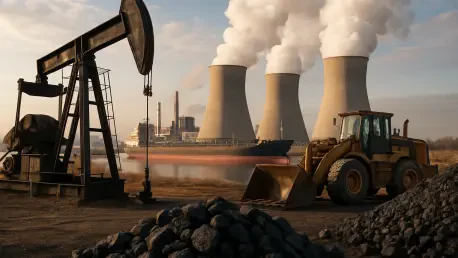
In a stunning turn of events, the U.S. Department of Energy has undergone a dramatic reorganization that signals a profound departure from renewable energy priorities, redirecting focus toward fossil fuels and nuclear power in a move that has sparked intense debate among policymakers and
ITCurated uses cookies to personalize your experience on our website. By continuing to use this site, you agree to our Cookie Policy